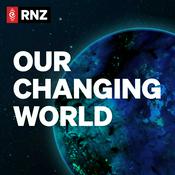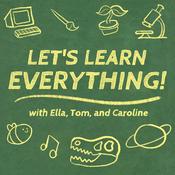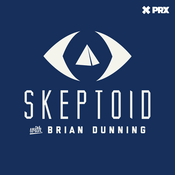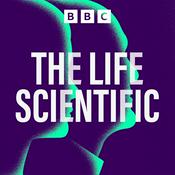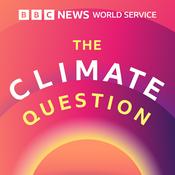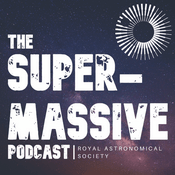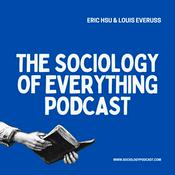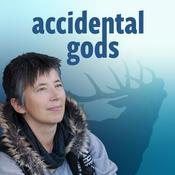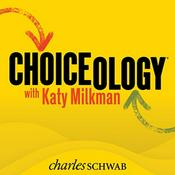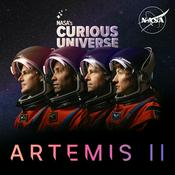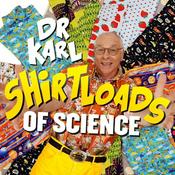309 episodes
- In this special episode of Decouple, Chris Keefer speaks with Ken Petrunik, one of the few leaders in the Western nuclear industry who has taken large reactors from first concrete to operation under budget and ahead of schedule. Petrunik’s career spans Canada’s nuclear golden age and its export era, with senior roles in Romania, Argentina, and China, including leading the Qinshan Phase III CANDU reactors, delivered ahead of schedule and under budget under a fixed price engineering, procurement, and construction contract. The conversation traces how Canada once built nuclear plants at scale and how that environment shaped project managers capable of carrying real responsibility.
We deep dive how nuclear projects are actually delivered, including construction sequencing, labor productivity, schedule control, and on site authority. Petrunik recounts moments when projects nearly failed and explains how early decisions and transparent coordination allowed recovery before delays became irreversible. The episode also examines what was lost as Canada’s build capability faded and what today’s nuclear programs can still learn from the people who led projects when reactors were routinely built.
Listen to Decouple on:
• Spotify: https://open.spotify.com/show/6PNr3ml8nEQotWWavE9kQz
• Apple Podcasts: https://podcasts.apple.com/us/podcast/decouple/id1516526694?uo=4
• Overcast: https://overcast.fm/itunes1516526694/decouple
• Pocket Casts: https://pca.st/ehbfrn44
• RSS: https://anchor.fm/s/23775178/podcast/rss
Website: https://www.decouple.media - In this episode of Decouple we deep dive the European Pressurised Reactor and what its troubled construction history reveals about the real constraints on nuclear build out in the modern West. The conversation traces how a design intended to satisfy every regulator through a design philosophy of extreme redundancy and conservative safety margins instead exposed the limits of Western construction capacity, supply chain readiness, and project management culture.
The episode also places the EPR in context alongside other large reactor designs, including AP1000 and APR 1400, highlighting how different philosophies around active redundancy, passive safety, modularity, and operational flexibility shape construction risk and cost. We explore why Germany and Korea were able to execute reactors with highly redundant active safety systems successfully when industrial capacity was warm, and why the EPR pushed that same philosophy beyond the point of diminishing returns.
Listen to Decouple on:
• Spotify: https://open.spotify.com/show/6PNr3ml8nEQotWWavE9kQz
• Apple Podcasts: https://podcasts.apple.com/us/podcast/decouple/id1516526694?uo=4
• Overcast: https://overcast.fm/itunes1516526694/decouple
• Pocket Casts: https://pca.st/ehbfrn44
• RSS: https://anchor.fm/s/23775178/podcast/rss
Website: https://www.decouple.media - Why have we built nuclear ships before, proven they can operate, and still not made them commonplace?
Nick Touran breaks down the history of maritime nuclear power, from the Nuclear Ship Savannah and Otto Hahn to Japan’s Mutsu and Russia’s Sevmorput, then pivots to floating nuclear power concepts such as the MH 1A Sturgis and the Offshore Power Systems program. We explore what worked, what failed, and what keeps blocking adoption, including port access rules, indemnity and international agreements, staffing costs, containerization economics, shielding and public reaction, and the unique operational demands of running reactors at sea.
Listen to Decouple on:
• Spotify: https://open.spotify.com/show/6PNr3ml8nEQotWWavE9kQz
• Apple Podcasts: https://podcasts.apple.com/us/podcast/decouple/id1516526694?uo=4
• Overcast: https://overcast.fm/itunes1516526694/decouple
• Pocket Casts: https://pca.st/ehbfrn44
• RSS: https://anchor.fm/s/23775178/podcast/rss
Website: https://www.decouple.media - In this episode of Decouple, Dr. Jeff Waksman, Principal Deputy Assistant Secretary of the Army for Installations, Energy and Environment, explains how the U.S. Army is making a second attempt at making microreactors great again. The discussion situates the Janus microreactor program in the long history of the Army Nuclear Power Program and Project Pele, highlighting why earlier small reactor deployments failed to compete with diesel and grid power even in extreme environments, and why Janus represents a fundamentally different approach.
Janus is best understood as an attempt to apply the Commercial Orbital Transportation Services model to nuclear energy, using milestone-based funding, hard downselects, and vendor replaceability to subsidize learning rather than electricity sales. The conversation explores the severe economic constraints facing one to ten megawatt reactors, the limits of the SpaceX analogy, and the unglamorous but decisive challenges of fuel logistics, waste removal, and slow nuclear learning cycles that will ultimately determine whether microreactors can ever move beyond demonstration and into durable military let alone commercial service.
Listen to Decouple on:
• Spotify: https://open.spotify.com/show/6PNr3ml8nEQotWWavE9kQz
• Apple Podcasts: https://podcasts.apple.com/us/podcast/decouple/id1516526694?uo=4
• Overcast: https://overcast.fm/itunes1516526694/decouple
• Pocket Casts: https://pca.st/ehbfrn44
• RSS: https://anchor.fm/s/23775178/podcast/rss
Website: https://www.decouple.media Why the First Nuclear Renaissance Failed: Can America Build Eight AP1000s Now?
11/12/2025 | 1h 33 mins.The first U.S. nuclear renaissance collapsed under the weight of cheap shale gas, lost institutional expertise, and disastrous projects like Vogtle and Summer. Today, America is planning a fleet of eight AP1000 reactors, backed by unprecedented federal incentives. But can the country actually build large nuclear again?
In this video, we break down what really killed the 2000s revival, why Fukushima wasn’t the turning point, and how AP1000 and ESBWR passive safety performed in station-blackout analyses. Most importantly, we explore why nuclear success depends not on reactor design, but on rebuilding the developer organizations needed to execute these megaprojects.
If the United States can rebuild those institutions, a real nuclear comeback is possible. If not, history risks repeating itself.
Listen to Decouple on:
• Spotify: https://open.spotify.com/show/6PNr3ml8nEQotWWavE9kQz
• Apple Podcasts: https://podcasts.apple.com/us/podcast/decouple/id1516526694?uo=4
• Overcast: https://overcast.fm/itunes1516526694/decouple
• Pocket Casts: https://pca.st/ehbfrn44
• RSS: https://anchor.fm/s/23775178/podcast/rss
Website: https://www.decouple.media
More Science podcasts
Trending Science podcasts
About Decouple
There are technologies that decouple human well-being from its ecological impacts. There are politics that enable these technologies. Join me as I interview world experts to uncover hope in this time of planetary crisis.
Podcast websiteListen to Decouple, Our Changing World and many other podcasts from around the world with the radio.net app
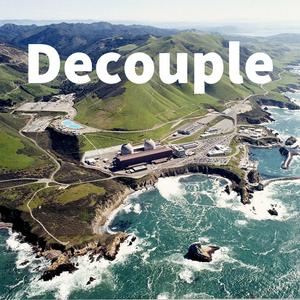
Get the free radio.net app
- Stations and podcasts to bookmark
- Stream via Wi-Fi or Bluetooth
- Supports Carplay & Android Auto
- Many other app features
Get the free radio.net app
- Stations and podcasts to bookmark
- Stream via Wi-Fi or Bluetooth
- Supports Carplay & Android Auto
- Many other app features


Decouple
Scan code,
download the app,
start listening.
download the app,
start listening.

